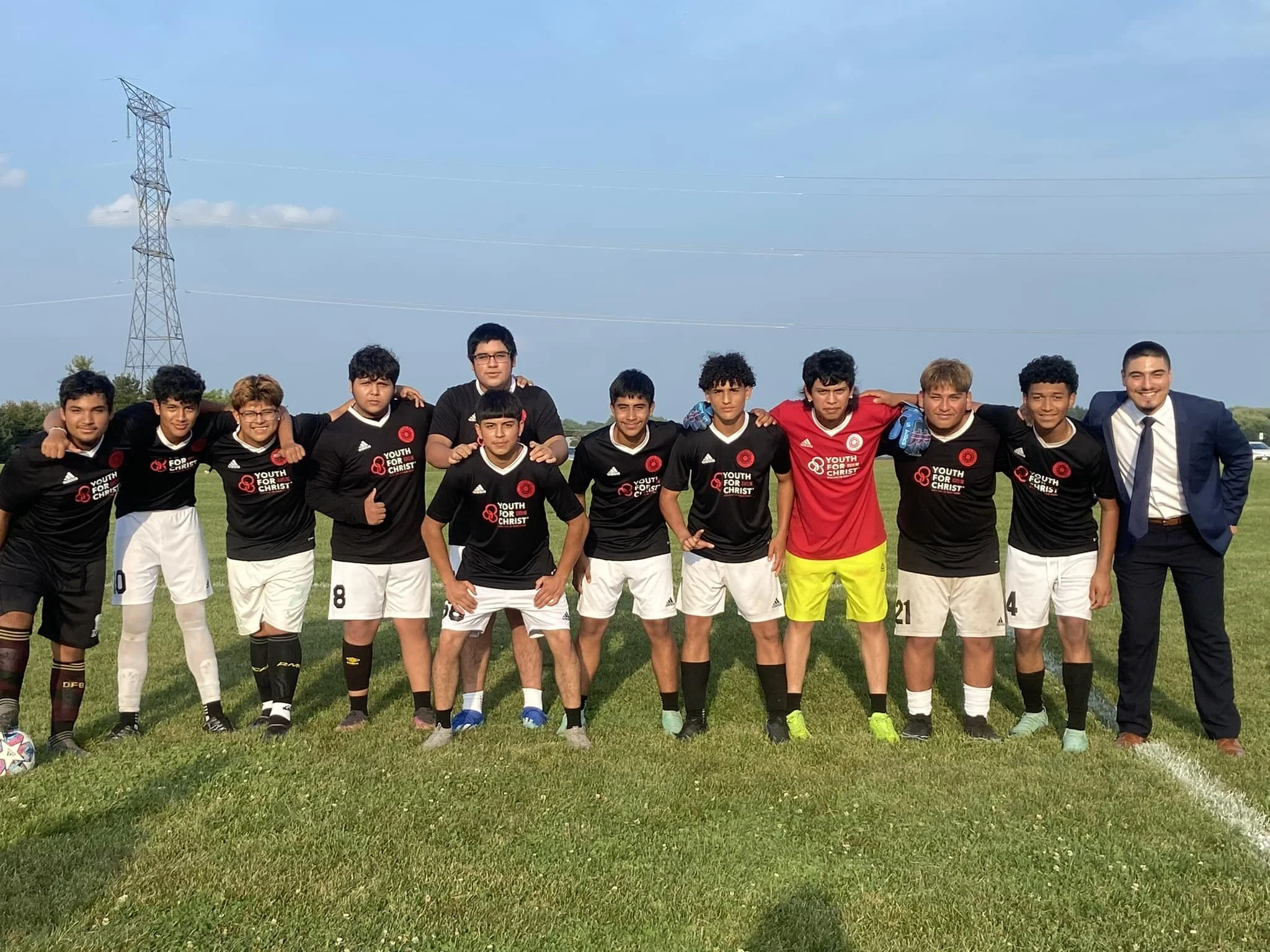God's Special Grace
God's Common Grace
LATAM FC - At a Glance
LATAM is an ESL and soccer program that provides Latino youth in Rockford both an opportunity to improve their English language competency through an ESL class after school and a chance to be a part of a soccer program to improve their soccer skills through weekly practices. It meets weekly throughout the year on Mondays after school from 3:30-6:30pm. Students engage in an hour-long English lesson, an hour soccer training session, a shared meal, and transportation back home.
LATAM has become a safe third space they know they can count on every week. It has evolved into a close community where everyone cares for one another and is something they can enjoy with friends.
Changing Perspectives of Youth in the JDC
“On any given year in the US there are over 740,000 teens referred to the juvenile justice system, some of whom will be confined to a corrections facility, others who will be diverted into a community-based alternative, and many who will be court sanctioned to probation”
YFC Summer Camp: It's All Worth It!
Dazed and semi-confused, I turn off my alarm at 5:30 on a Saturday morning. This is the day we’ve been anticipating, but it’s still hard to drag myself out of bed. As the students begin to arrive, I remember why this is all worth it. Our team has worked all year to develop deep relationships with each of these students, and now we are about to pile into these two buses to make the six-hour trip to camp. We arrive… we play, we sweat, we laugh, we cry. We take cold showers and sleep in sweaty bunks for far too few hours. Is it worth it?
Exciting News: Youth For Christ Facility!
Through remarkable provision from God, we’re in the process of renovating and launching a Youth For Christ facility on Charles Street near East High School, Lincoln Middle School, and nearby neighborhoods.
This development is deeply significant for hundreds of youth, offering a safe space to gather, find belonging, enjoy recreational activities, fellowship over meals, and most importantly hear the good news of Jesus Christ.
National Mentoring Month
Youth for Christ seeks to empower young people spiritually, socially, and emotionally and connect them to Jesus. The principal way we do this is through building authentic, Christ-centered mentoring relationships with youth. “Mentoring, at its core, guarantees young people that there is someone who cares about them, assures them they are not alone in dealing with day-to-day challenges and makes them feel like they matter” (1). At YFC, we walk alongside youth so they know they have people in their corner, and so they can find and know their heavenly father.







